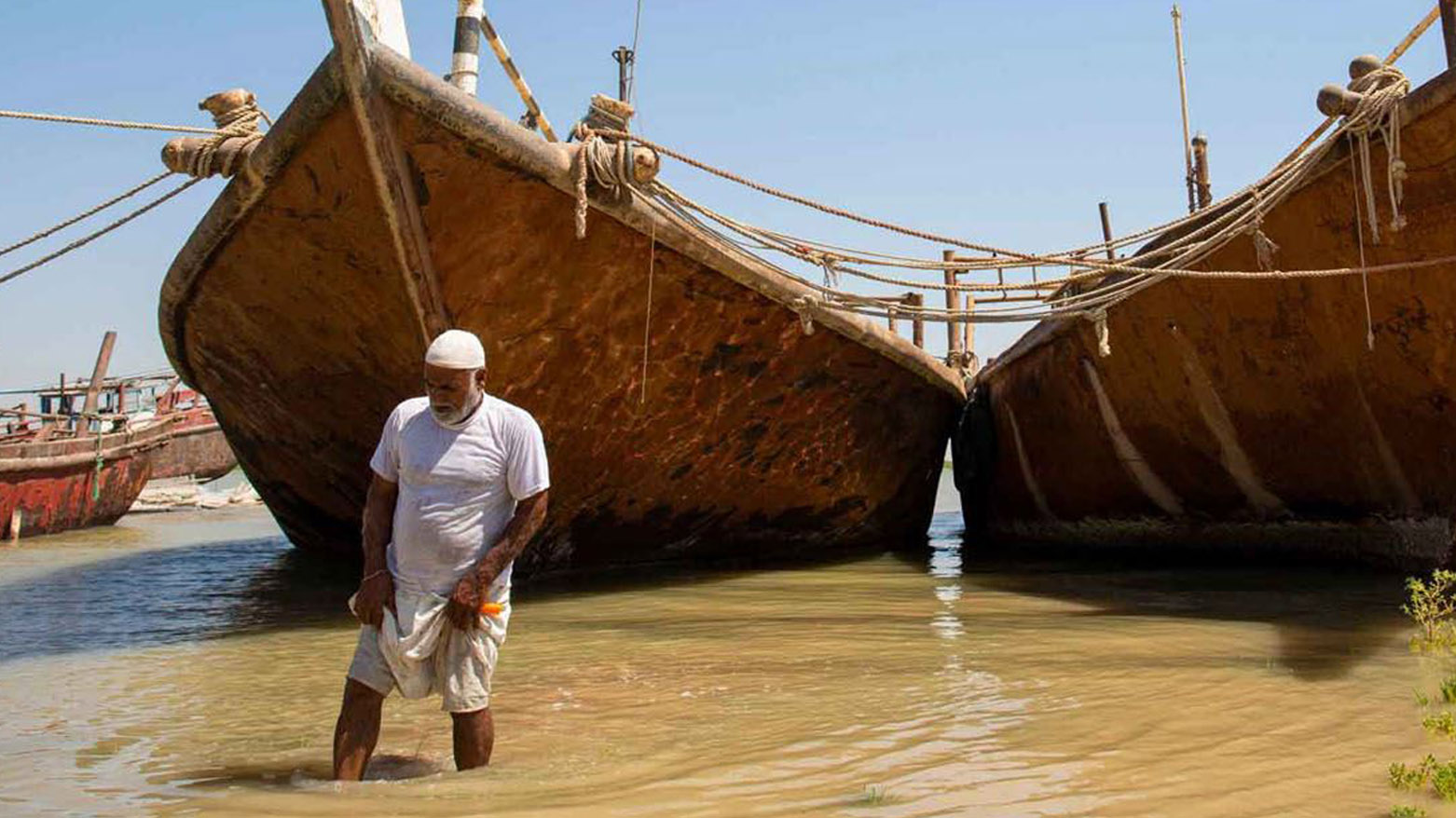Drought and Water Shortages Threaten Iraq's Marshlands, Displacing Thousands
The United Nations Food and Agriculture Organization (FAO) has raised alarms about the worsening agricultural situation in Iraq, a region already heavily impacted by both climate change and severe water scarcity.

ERBIL (Kurdistan24) — Iraq’s southern marshlands are facing an unprecedented crisis as drought and water shortages have led to the destruction of up to 80 percent of the marshes in Dhi Qar province. Severe environmental conditions are driving a growing migration crisis, with over half a million Iraqis displaced in the past five years due to climate change, according to unofficial statistics.
The United Nations Food and Agriculture Organization (FAO) has raised alarms about the worsening agricultural situation in Iraq, a region already heavily impacted by both climate change and severe water scarcity. As one of the world’s most vulnerable areas, Iraq’s struggle with these issues is becoming increasingly urgent.
"Iraq is experiencing the greatest impact of climate change," said Iraqi Minister of Environment Halo Askari in a recent statement. "Major industrialized countries should take responsibility and work to mitigate the effects of climate change in the countries hardest hit."
The drought’s impact is being felt most acutely in southern Iraq. Mustafa Ajil, director of information for the Maysan provincial council, emphasized the grave situation: "The drought affecting the marshlands is dangerous because we’ve already lost 80 percent of these vital ecosystems."
The displacement crisis is intensifying, with communities in the region forced to abandon their homes in search of survival. Yas Khafaji, spokesman for the Dhi Qar provincial council, highlighted the alarming increase in the number of displaced individuals, with 10 areas in the city now considered to be below the "red line" of livability.
"The water shortage has devastated livestock, fish populations, and crops, leading to a migration rate of around 25 percent," Khafaji noted. "We urgently need solutions to prevent further displacement and address this critical issue."
As Iraq grapples with these environmental challenges, the international community’s response will be crucial in preventing further harm to the country’s people and ecosystems.